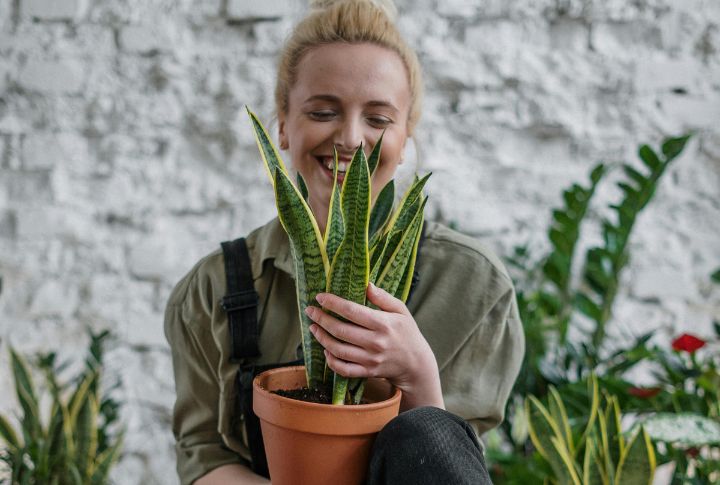
You love your morning brew, but your plants might not. Certain flowers and herbs have zero tolerance for caffeine, and sprinkling coffee grounds around them can affect their productivity. Avoid unnecessary garden drama by knowing which plants are picky about soil content. Here are 10 green favorites that simply can’t handle coffee in their soil.
Tomatoes
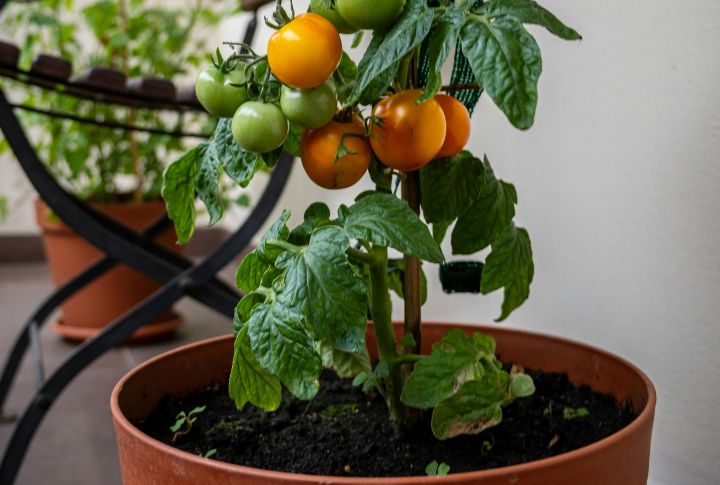
You’d expect tomatoes to appreciate free nutrients, right? Wrong. Coffee grounds are actually their enemy. The acidity wreaks havoc on everything—stunted growth, failed germination, flavorless fruits, and wimpy plants. It’s one of those gardening “hacks” that backfires spectacularly.
Lavender
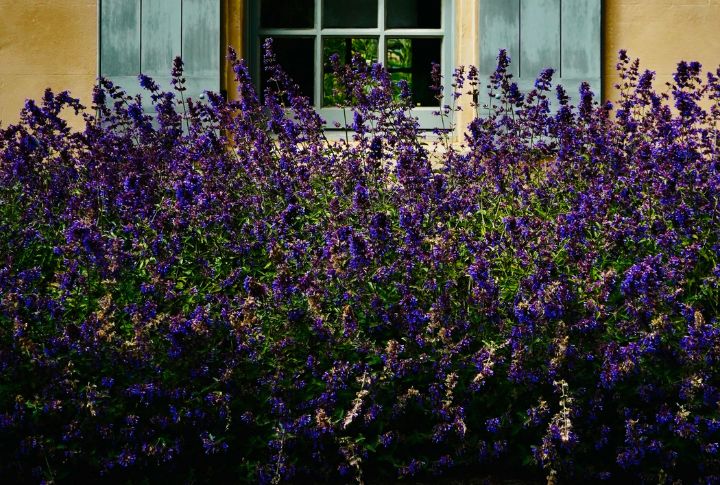
Lavender craves alkaline soil, and since coffee grounds deliver pure acidity, that mismatch is deadly. Your beautiful purple blooms will fade, and eventually, the whole plant will die. Whether you’re growing lavender for cooking or aromatherapy, keep those grounds far away from its roots.
Aloe Vera
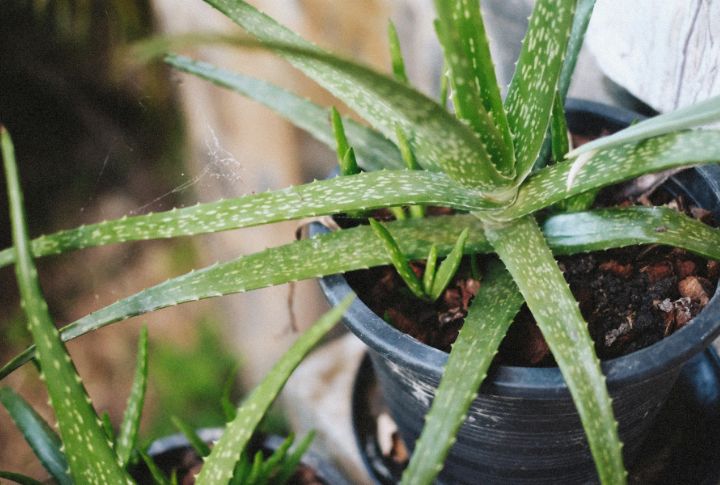
Many gardeners don’t realize that aloe vera struggles with ingredients like coffee grounds. These succulents need soil that drains quickly and stays dry. Coffee grounds retain moisture and add unwanted acidity, which suffocates roots and encourages rot. For healthy aloe, skip them entirely.
Rosemary
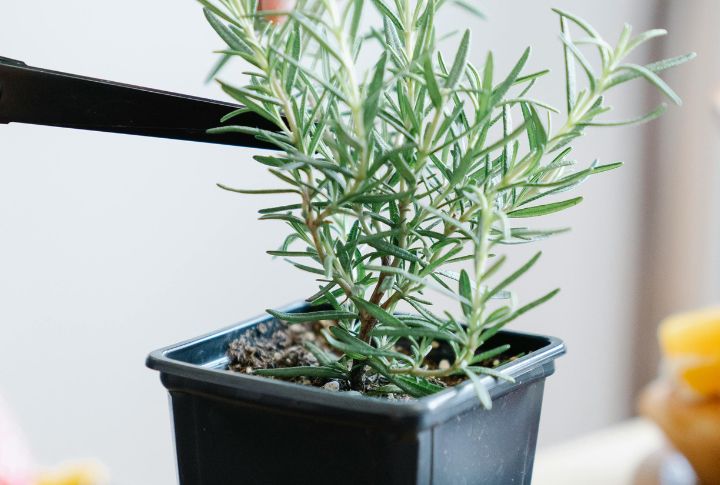
Rosemary evolved in Mediterranean soil, and that means alkaline conditions are in its DNA. So, coffee grounds are the opposite of what this herb craves. They throw off its entire system, leading to stunted growth and long-term damage. Your rosemary needs soil that mirrors its native home, not a general ingredient like this.
Cilantro
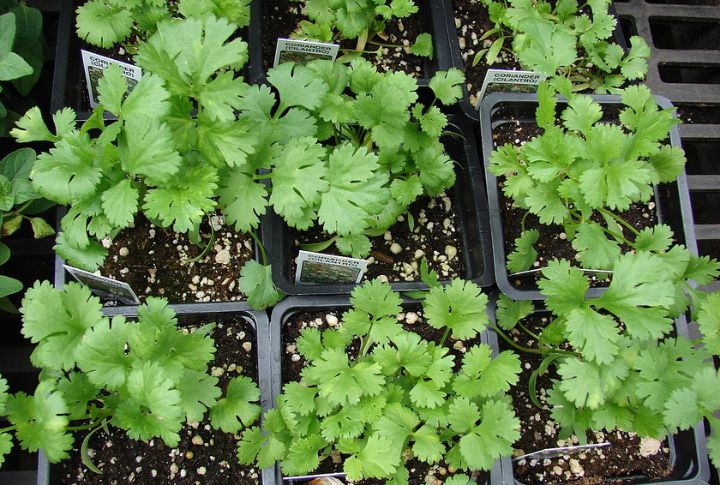
Cilantro is a delicate herb with feathery green leaves and a bright, citrusy flavor. It prefers neutral soil to thrive. And since coffee grounds can upset its balance, their presence slows down the plant’s growth and dulls the taste. Give your cilantro the soil it needs, and it will reward you with vibrant leaves.
Orchids
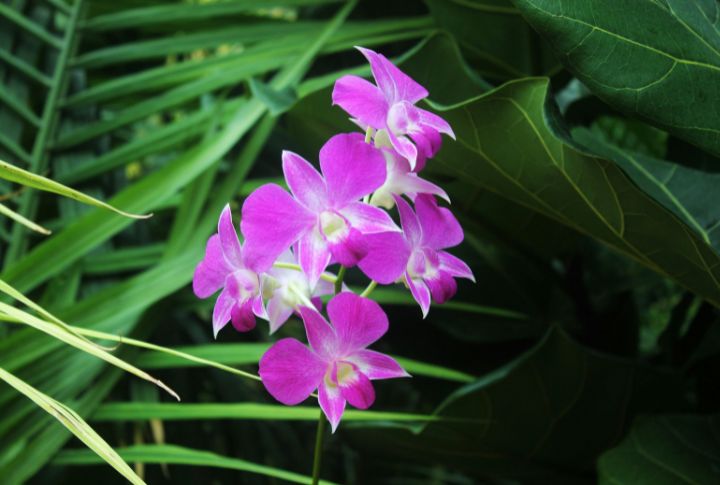
Despite their reputation as finicky plants, orchids have straightforward pH requirements between 5.5 and 6.5. Coffee grounds exceed this range and create serious complications. The excessive acidity prevents orchids from absorbing necessary nutrients while simultaneously causing moisture issues.
Snake Plant
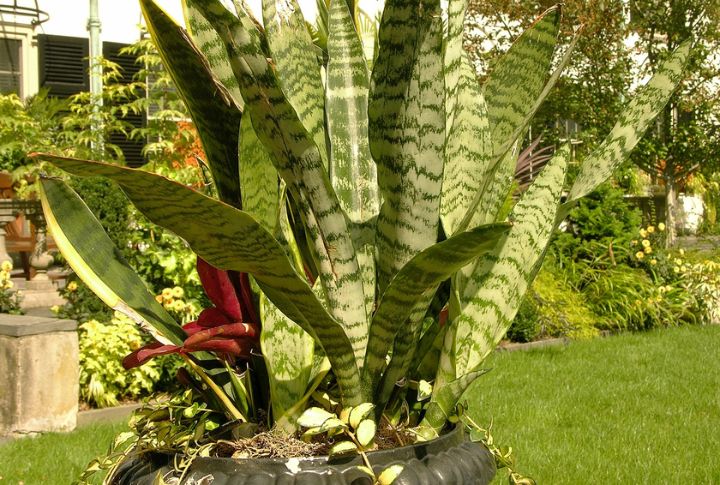
Snake plants deserve better than a coffee-ground burial. These air-purifying powerhouses need well-draining soil to flourish. Though they tolerate mild acidity with pH levels of 5.5-7.5, excess coffee grounds create harmful conditions and trap moisture, risking root damage.
Basil
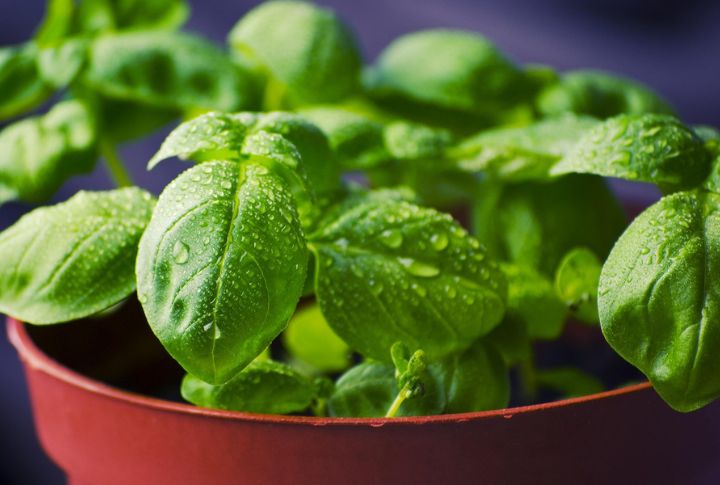
Growing basil for sauces, salads, or other dishes means prioritizing neutral soil conditions. Coffee grounds work against this by creating acidity that basil simply doesn’t tolerate well. Young plants are particularly vulnerable to this pH imbalance, which reduces their vigor and produces less flavorful leaves.
Mint
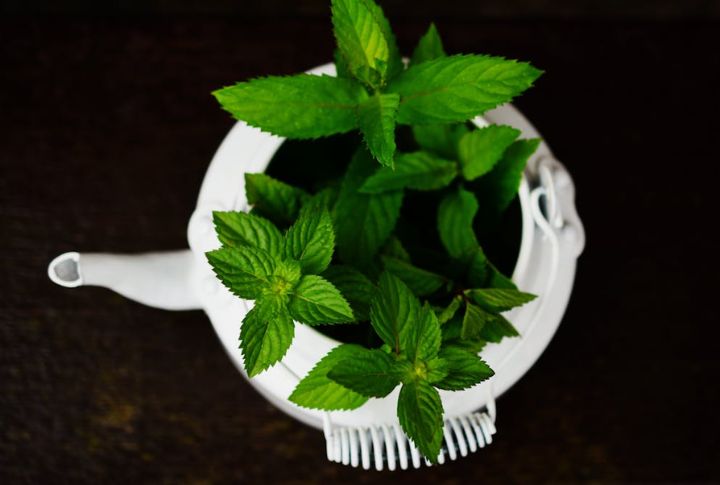
Mint is known for growing aggressively, so you’d expect it to handle coffee grounds easily. However, they create an environment that actually degrades this herb’s growth. Mint thrives in neutral to slightly alkaline soil, making coffee grounds a poor match despite their popularity as garden amendments.
Peppers
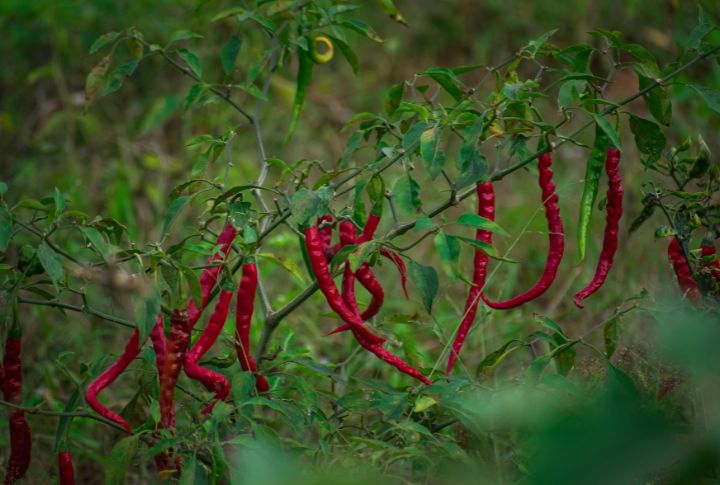
Here’s something most pepper growers discover too late. Coffee grounds mess with the type of soil peppers actually need. Plus, they hold onto moisture way too long, which invites all kinds of fungal damage. Your pepper plants will be much happier without the involvement of acidic ingredients.

